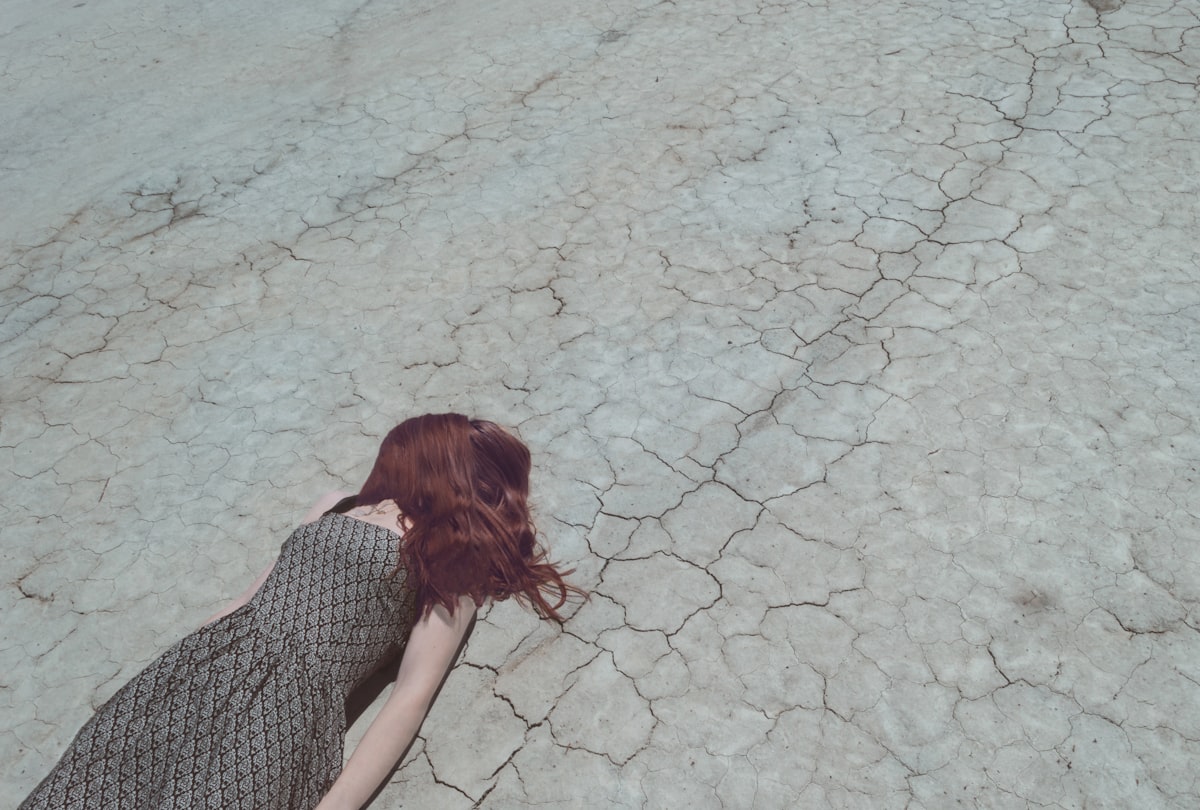The Reason for Going into Analysis (Pt. 2)

Continuing to riff on why someone might go into analysis, I want to highlight something the Jacques-Alain Miller says in the video below.
At the 4:40 point of the video, JAM says, “At the root of all knowledge, you have a practice. You have a way of living.” This thing at the root of all knowledge could be called an unconscious fundamental fantasy, which we act out in our day-to-day lives.
Later, at about the 13:15 mark, JAM says, “If you silence the unconscious you […] exacerbate the death drive. And the [destructive] repartition [of the death drive] stops being spoken [or contained in symbolic speech, and instead the death drive] is acted out.”
Here are my thoughts on this:
When we create and then enact enjoyable fantasies formed in the unconscious, we defend ourselves from the jouissance (i.e., the real enjoyment) we feel when we act out the death drive.
If the unconscious can get enough libido (i.e., energy, psychological resources), it can construct these enjoyable fantasies. The problem is that when the death drive is fired up, it is good at sucking up all the libido leaving very little available for the formation of enjoyable fantasies.
Without an enjoyable fantasy, our death drive becomes a monster that is more empowered to wreak havoc in our lives, destroying our bodies, relationships, finances, career, so on and so forth.
When the unconscious cannot create a compelling fantasy, and the death drive gets more active, a person might consider seeking a psychoanalyst.
Why go to an analyst:
When someone goes to a psychoanalyst, they go to see someone who will listen to their unconscious. Listening to it helps to get it back to work, constructing a fantasy that can offer something we might enjoy more than we enjoy letting the death drive be destructive.
I think that this is very in line with what Mari Ruti said in the Ethics of Opting Out, which I wrote about here.
Fundmental Fantasy & Orbits:
Both Ruti & JAM are talking about how an unconscious fundamental fantasy can act as a way of preventing people from acting out the death drive. I prefer to think of the fundamental fantasy as an orbit, a repetitive form of living that creates an enjoyable tension.
They also seem to suggest the point of analysis would be to re-configure the fundamental fantasy, not to get rid of it! Or, to use the orbit metaphor, to change the orbit not to get rid of the orbit. Getting rid of an orbit would entail falling into a black hole of jouissance (death drive) or spinning off into the void (a full-blown psychotic break).